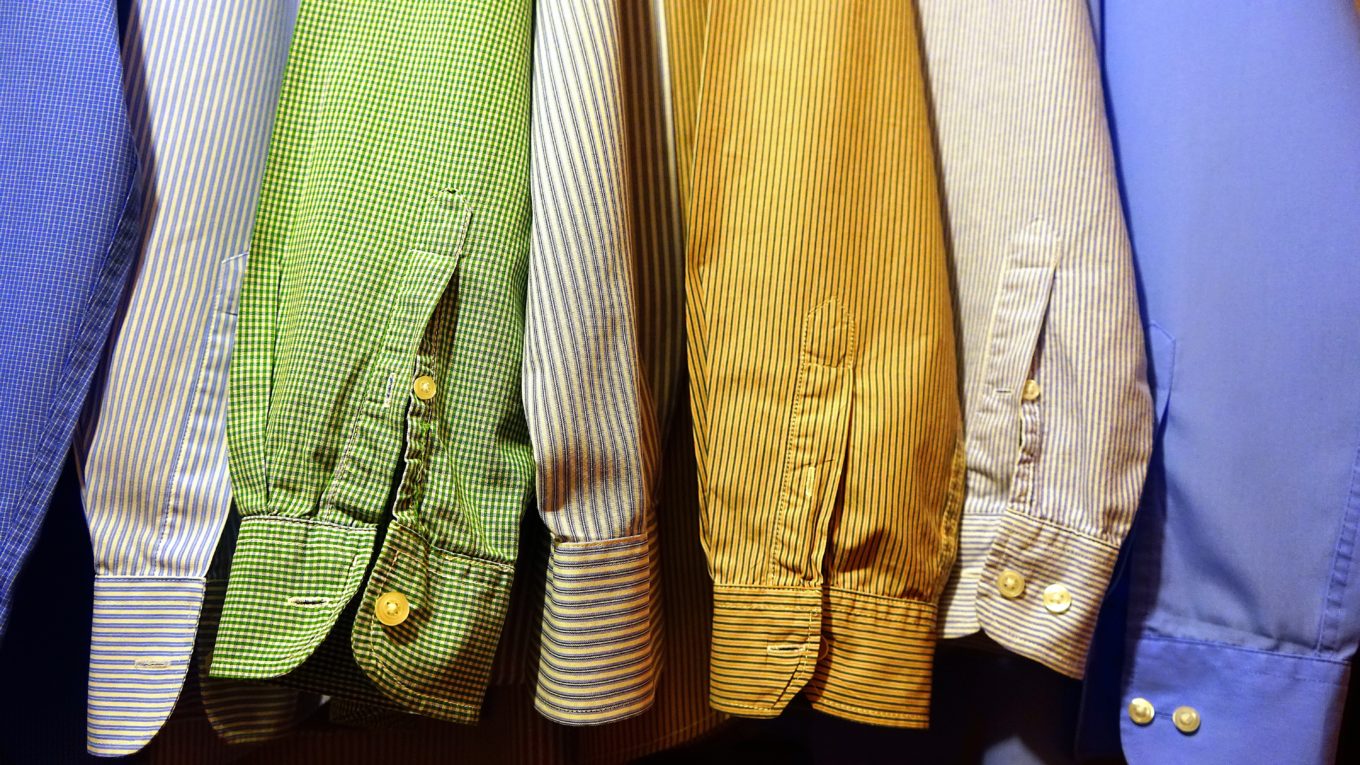Last Updated on April 15, 2023
Hello my friends! Have you ever wondered what sustainable fashion is all about? It’s a hot topic these days and for good reason. In a world where fast fashion dominates, sustainable fashion is a refreshing change that prioritizes the environment and people over profits. Let’s dive in and explore what sustainable fashion is, why it matters, and how we can all contribute to a more sustainable future.
What is Sustainable Fashion?
Sustainable fashion is clothing that is produced in a way that is environmentally friendly and socially responsible. This means that the materials used to make the clothing are sourced sustainably, and the manufacturing process is ethical and fair to workers. The goal of sustainable fashion is to minimize the negative impact that the fashion industry has on the environment and people.
Why Does It Matter?
The fashion industry is the second-largest polluter in the world, after the oil industry. The production of clothing requires large amounts of resources, including water and energy, and produces significant amounts of waste and pollution. In addition, the fashion industry has a history of exploiting workers, particularly in developing countries where labor laws are lax.
Sustainable fashion offers a way to address these issues. By using sustainable materials and ethical manufacturing processes, sustainable fashion reduces the environmental impact of clothing production and ensures that workers are treated fairly. It also encourages consumers to buy clothing that is made to last, rather than cheap, disposable clothing that ends up in landfills after a few wears.
Environmental Impact of Clothing Production
The production of clothing requires significant amounts of resources, including water, energy, and raw materials. According to the World Wildlife Fund, it can take up to 2,700 liters of water to produce one cotton t-shirt – that’s enough water for one person to drink for 2.5 years! In addition, the production of synthetic materials like polyester and nylon requires significant amounts of energy and can release harmful chemicals into the environment.
Sustainable fashion offers a way to reduce this environmental impact. By using sustainable materials like organic cotton, linen, and hemp, sustainable fashion brands can reduce the amount of water and energy required to produce clothing. Some brands also use recycled materials like plastic bottles and fishing nets to create new fabrics. In addition, sustainable fashion brands often prioritize waste reduction and use processes like upcycling to turn waste materials into new products.
Social Impact of Clothing Production
The fashion industry has a long history of exploiting workers, particularly in developing countries where labor laws are lax. Many workers in the fashion industry are paid very low wages and work in unsafe conditions. In addition, the fast-paced nature of the fashion industry can lead to a culture of overwork and burnout for designers and factory workers alike.
Sustainable fashion offers a way to address these social issues. By prioritizing ethical manufacturing processes, sustainable fashion brands ensure that workers are paid fair wages and work in safe conditions. Some brands also work with artisanal communities to support traditional crafts and provide economic opportunities for marginalized communities. In addition, sustainable fashion often emphasizes slow fashion, which encourages consumers to buy clothing that is made to last, rather than disposable clothing that contributes to the cycle of overconsumption.
How Can You Support Sustainable Fashion?
There are many ways that you can support sustainable fashion. One way is to buy clothing from sustainable fashion brands. These brands use sustainable materials and ethical manufacturing processes to produce their clothing. Another way is to buy secondhand clothing, which reduces the demand for new clothing and keeps clothing out of landfills. You can also take care of the clothing that you already own, by washing it less frequently and repairing it when it needs it.
My Personal Experience with Sustainable Fashion
I used to be a fast fashion junkie. I would go to the mall almost every weekend to buy clothes from the latest collections at Zara, H&M, and Forever 21. I loved the feeling of buying something new and trendy, and I didn’t really think about the environmental impact or ethical issues associated with my shopping habits.
However, as I learned more about the fashion industry, I started to feel guilty about my consumerism. I realized that the clothes I was buying were made in sweatshops by underpaid workers and that the production process was incredibly resource-intensive, using up huge amounts of water and energy.
I also started to notice that the clothes I was buying weren’t really that great in terms of quality. They would fall apart after a few washes or lose their shape, and I would have to replace them with something new. I realized that I was spending a lot of money on clothes that I would only wear a few times before they ended up in a landfill.
So, I decided to change my habits and start shopping more sustainably. It wasn’t easy at first, but over time I’ve found that I actually enjoy shopping this way more than I did before.
Tips for Shopping Sustainably
If you’re interested in shopping more sustainably, here are a few tips to get you started:
- Buy second-hand or vintage clothing: This is a great way to find unique pieces while also reducing your carbon footprint. Thrift stores and online marketplaces like eBay and Depop are great places to start.
- Invest in high-quality, timeless pieces: As I mentioned earlier, buying high-quality pieces that will last for years is a great way to reduce waste and save money in the long run. Look for classic styles and neutral colors that won’t go out of fashion.
- Shop from ethical and sustainable brands: If you do want to buy new clothes, look for brands that prioritize sustainability and ethical production practices. Some of my favorites include Everlane, Patagonia, and Reformation.
- Rent clothes for special occasions: Instead of buying a new dress or suit for a special event, consider renting one. Services like Rent the Runway and Tulerie offer designer clothes for rent at a fraction of the retail price.
- Take care of your clothes: Finally, make sure to take good care of the clothes you already own. Wash them less often, hang them to dry instead of using a dryer, and repair them when they need it. This will help extend their lifespan and reduce the amount of waste they produce.
Why Sustainable Fashion Matters
So, why does sustainable fashion matter? There are a few key reasons:
- Environmental impact: The fashion industry is one of the most resource-intensive industries in the world, using huge amounts of water, energy, and chemicals to produce clothes. By shopping sustainably, you can help reduce this impact and promote more responsible production practices.
- Ethical concerns: Many of the clothes we buy are made in sweatshops by underpaid workers, often in dangerous conditions. By shopping from ethical brands or buying second-hand, you can help ensure that the people who make your clothes are treated fairly.
- Economic benefits: Shopping sustainably can also have economic benefits, both for you and for the wider community. By buying high-quality pieces that will last for years, you can save money in the long run. And by supporting sustainable brands, you can help create jobs and promote more responsible business practices.
So? What are we waiting for?
Sustainable fashion is a growing movement but also a controversial one that seeks to promote more responsible and ethical production practices in the fashion industry. By shopping sustainably, we can help reduce the environmental impact of our clothing
About Fashion and Beauty Topic
Fashion and Beauty is a category that focuses on the latest trends, styles, and tips related to fashion and beauty products. It covers everything from clothing to skincare and makeup.





